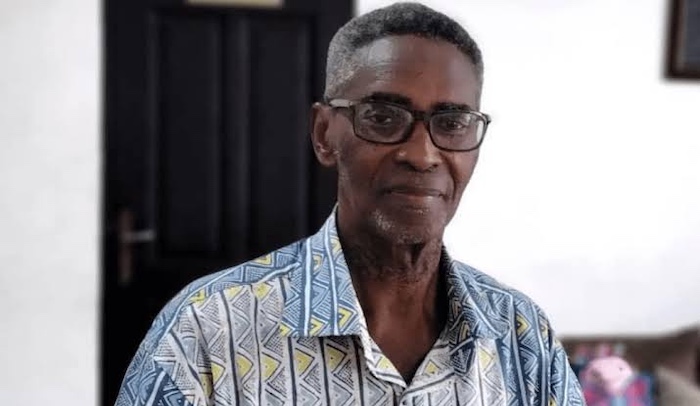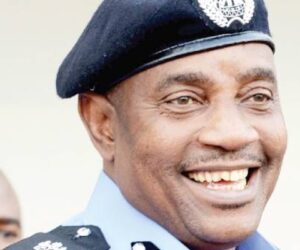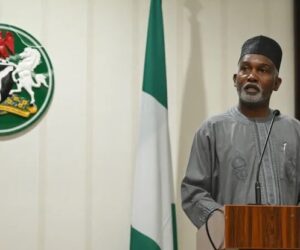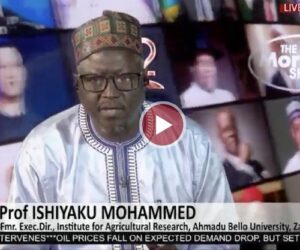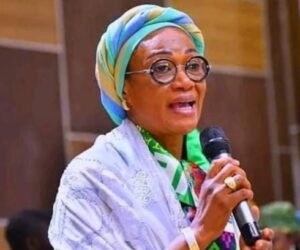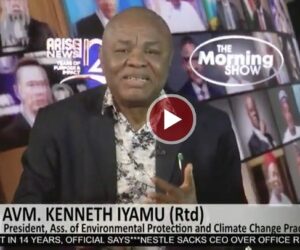Renowned and respected Ghanaian journalist, Ben Asante has died.
The renowned war correspondent and publisher, passed on August 12 in Accra after a prolonged illness.
Asante reported and commented extensively on politics and social development across Africa for over fifty years.
He was one of the frontline journalists during the Liberian and Sierra Leonean civil wars. He was one of the first reporters to break the news of the Liberian civil war in 1990.
He and his close friend and colleague, renowned journalist Lindsay Barrett, were recognised for their gallantry, risking their lives to report from the frontlines of the war where their materials became highly sought after sources of information on the war for the global press.
Born in Keta in 1949, Asante’s early years were shaped by his membership of the Nkrumahist youth movement known as the Ghana Young Pioneer Movement (GYP), set up in the same spirit of the Boys Scout movement at a time when the socialist/nationalist and Pan-African views of Kwameh Nkrumah was sweeping through Ghana and the African continent.
According to Asante, Nkrumah’s fiery personality, accompanied by his great oratory skills attracted young men like him to the movement.
His involvement in extra-curricular activities, which included public enlightenment on social issues of the time, from his earlier years as a Young Pioneer, morphed into membership of the Ghana United Nations Students Association (GUNSA) while he was in secondary school.
GUNSA was an affiliate organisation under the umbrella body known as the International Students Movement for the United Nations (ISMUN), a UN Economic and Social Council (ECOSOC) recognised NGO.
In 1971, Asante was elected ISMUN’s first Regional Secretary for Africa at the elections held in Nigeria during the annual regional meeting of members at the University of Ife (now Obafemi Awolowo University) in Ife. He left for Kenya to work at the ISMUN office that same year.
He worked out of the Nairobi regional office disseminating information on the UN and African issues, including apartheid in South Africa, liberation movements and human rights.
Asante reflected the voice of African youth on such matters as the Environment and population by organising seminars and workshops within countries and on a regional basis. He attended crucial Organisation of African Unity (OAU) summits and served on the Bureau for Refugees based in Addis Ababa.
Asante started his journalism career while studying in the School of Journalism at the University of Nairobi in 1976 where he worked as correspondent for Afrika, one of the most authoritative publications on Africa at the time.
He graduated in 1978 and started his working life in Nairobi. As a leading organiser and advocate of ISMUN, he was one of the delegates to the first Southern Sudan resettlement conference under the late Emperor Haile Selassie.
He said the plight of people in South Sudan was a major motivation for his commitment to writing on African issues.
He became Political editor for the leading influential African publications Africa Now and New African magazines at different times based in the UK.
He also wrote for West African magazine out of London. Regarded as a veteran and versatile journalist among media and political circles in Africa and Europe, he traveled through most of Africa covering events and conferences.
He wrote for numerous papers in East and West Africa and was considered a knowledgeable source of information on Nigerian politics, having spent over two decades in the country and working on ECOWAS issues, including the civil wars in Liberia and Sierra Leone.
Asante is regarded as one of the few journalists whose writings shaped views on the civil wars, especially in Liberia.
Follow us on:

